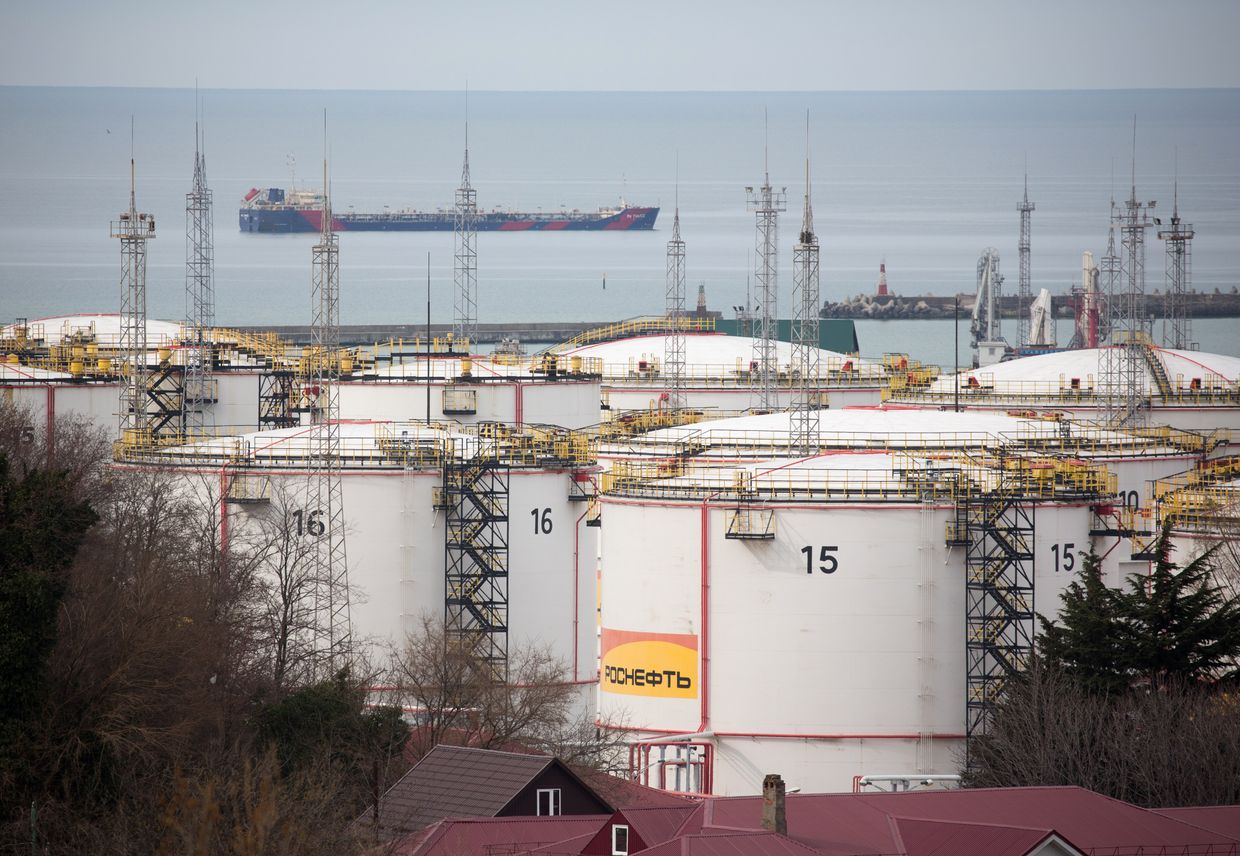
Russia’s seaborne oil exports decline 9.1% in 2024 amid Ukrainian drone attacks, Reuters reports
Russia's seaborne exports of petroleum products declined by 9.1% to 113.7 million metric tons in 2024, reflecting mounting challenges to its fossil fuel industry, Reuters reported on Jan. 17.
Ukraine has targeted Russia's fossil fuel infrastructure as part of its strategy to undermine a key funding source for Russia's war effort. Drone strikes on refineries in Tuapse, Ilyich, and Novoshakhtinsk have led to reductions or suspensions in operations.
Russian refineries reportedly processed approximately 267 million metric tons of oil in 2024, the lowest since 2012, as rising production costs, falling prices, and an export ban on gasoline strained operations.
Exports through Baltic ports fell by 9% to 61.96 million tons, while shipments via Black and Azov Sea ports dropped 10% to 42.75 million tons.
Notably, exports from Tuapse plummeted by a third to 9.1 million tons, largely due to drone attacks and operational disruptions at state-owned Rosneft refineries. Exports from Novorossiysk increased by 4% to 19 million tons.
Arctic ports, including Murmansk and Arkhangelsk, saw a 14% decline in exports to 1.01 million tons, while Far Eastern ports experienced a 3% drop to 7.97 million tons.
Despite the overall annual decline, marine exports of petroleum products rose 10.8% in December to 10.37 million tons.
Sanctions from the Biden administration and the U.K., announced on Jan. 10, have further pressured Russia's oil sector.
These measures target nearly 200 vessels in the "shadow fleet," key oil companies, and associated entities.
The sanctions have driven Brent crude prices up by nearly $5 per barrel. G7 nations are reportedly considering tightening the $60-per-barrel price cap on Russian oil.















